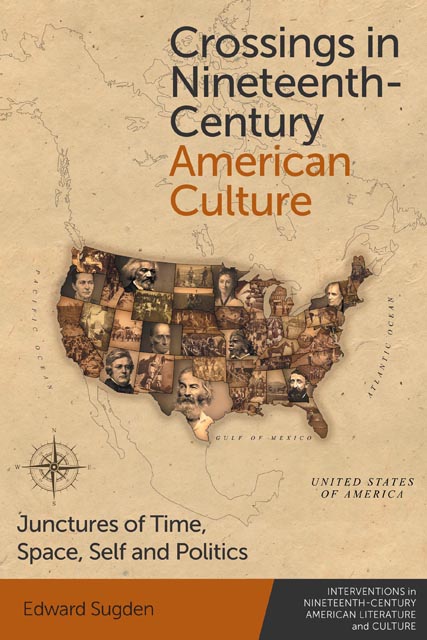9 - Matanzas, Cuba/Keswick, England: Maria Gowen Brooks Visits Robert Southey, 1831
Published online by Cambridge University Press: 26 November 2022
Summary
After the death of a husband thirty years her senior, and fresh from a sojourn at her brother's coffee plantation in Matanzas, Cuba, Maria Gowen Brooks arrives in Keswick, England. It is the spring of 1831. She brings with her a poetry manuscript titled Zóphiël, which is to be her magnum opus, as well as a new name: ‘Maria del Occidente’. She has already published Zóphiël's first canto in Boston in 1825, but under the name ‘Mrs Brooks’. Brooks writes that the full version of Zóphiël, all six cantos complete with notes, was composed across a wide geography: ‘some in Cuba, some in Canada, some at Hanover, United States, some at Paris, and the last at Keswick, England, under the kind encouragement of Robert Southey, Esq.’ (Brooks 1833: 251).
Robert Southey, the Poet Laureate, helps Maria Brooks publish Zóphiël in England under the name Maria del Occidente. Brooks aligns herself with the English high Romantic literary tradition through association with Southey and through the genre, formal and thematic choices in her poetry. At the same time, she also begins to make a name for herself in the literary tradition of the American Renaissance or American Romanticism. While the term ‘American Renaissance’ is contested as historically exclusionary, in order to understand Brooks's significance to American literary history it is helpful to read her work along with that of her canonical contemporaries such as William Cullen Bryant and Henry Wadsworth Longfellow.
The reception history of Zóphiël, as well as the historical descriptions of Brooks herself preserved in Southey's letters, shows that nineteenth-century critics on both sides of the Atlantic struggled to categorise this poetic work, as well as the woman who produced it. Charles Lamb famously quipped, ‘Southey says it is by some Yankee woman: as if there had ever been a woman capable of anything so great!’ (quoted in Gustafson 1879: 250).
Well into the twentieth century, scholars still grappled with how to understand Brooks. Her own refusal of geographic fixity contributed to her indeterminate legacy.
- Type
- Chapter
- Information
- Crossings in Nineteenth-Century American CultureJunctures of Time, Space, Self and Politics, pp. 146 - 157Publisher: Edinburgh University PressPrint publication year: 2022



